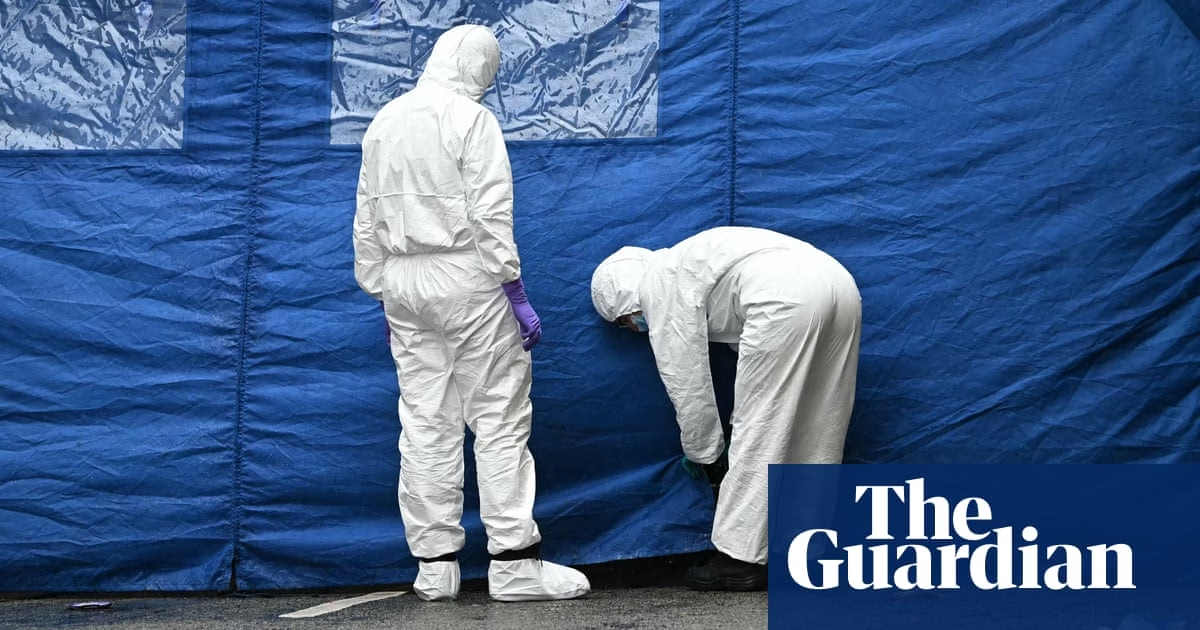The parliamentary inquiry on miscarriages of justice has concluded that the forensic science field in England and Wales is experiencing a crisis, referred to as a “graveyard spiral.” The three-year investigation by the all-party parliamentary group on miscarriages of justice identifies a series of “reckless policy decisions” over the past decade leading to this crisis, with a near-monopoly in the commercial sector creating a dangerous reliance on a single point of failure and risks of compromised impartiality in in-house police laboratories.
Prof Angela Gallop, co-chair of the Westminster Commission on Forensic Science, describes forensic science as failing all stakeholders—including the police, lawyers, courts, scientists, and the public. She likens the current state to a “graveyard spiral” where the risk of failure is increasing with every desperate decision made.
The report calls for an immediate halt to the expansion of police in-house forensic operations and eventually removing forensic science provision from police oversight due to concerns about investigations’ objectivity and legal aid for defense experts.
The inquiry also expresses concern about the impending collapse of the forensics market, with Eurofins, the UK’s largest provider, poised to become a near-monopolist after acquiring Cellmark. This concentration of power could exacerbate the risk of a single point of failure in forensic provision.
Additionally, the report points to the police’s handling of crucial evidence in serious criminal cases as problematic, with a growing number of prosecutions dropped due to missing evidence, including DNA samples, CCTV footage, and other key documents. Such lapses in evidence retention can prevent victims from seeing justice and hinder the resolution of cold cases.
Criticism is also leveled at the Criminal Cases Review Commission (CCRC), which is seen as lacking in scientific knowledge and understanding, as exemplified by high-profile miscarriages of justice cases. The report recommends hiring full-time staff with scientific expertise to improve CCRC’s capability in reviewing cases.
MP Kim Johnson, chair of the APPG on miscarriages of justice, calls for reform and action based on this and past incidents, emphasizing the need for transparency and accountability in the criminal justice system. Both the CCRC and the government acknowledge the report’s findings and are taking steps to address the forensic science provision shortfalls, including staff training, examine older convictions for potential DNA matches, and appointing a national lead for forensic science to improve the system’s efficiency and public trust.
Source: https://www.theguardian.com/law/2025/jun/09/forensic-science-crisis-miscarriages-of-justice-england-and-wales-report








